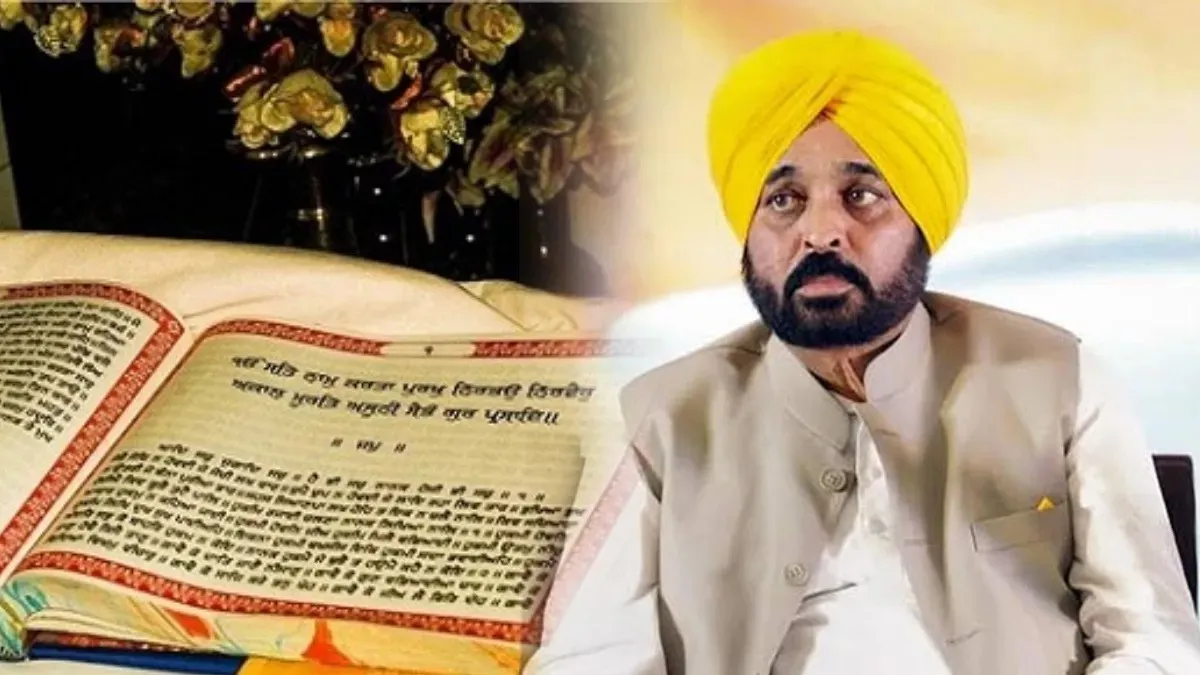- By Shibra Arshad
- Sun, 06 Jul 2025 03:28 PM (IST)
- Source:JND
The state government is considering introducing the death penalty or life imprisonment for individuals who insult religious texts, including Shri Guru Granth Sahib. To this end, the government is consulting legal experts to finalise the proposal, which is expected to be presented in the upcoming cabinet meeting on July 7. The bill is likely to be tabled in the assembly session starting July 10.
This development comes on the heels of a similar bill passed by the Captain Amarinder Singh-led government on August 28, 2018. Although the bill was sent for the President's approval, it was returned by the central government, citing the implementation of the Indian Justice Code, which replaced the Indian Penal Code. The central government suggested that the state government formulate its legislation under the new code.
The previous bill, known as the 295A bill, sought to amend Section 295 of the IPC and prescribed harsh punishments, including life imprisonment, for those who insult religious texts. However, the bill remained pending for a long time.
The Indian Judicial Code 2023 has provisions that address hurting religious sentiments, including:
Section 298: Damaging or desecrating a religious place or sacred object can attract imprisonment up to two years, a fine, or both.
Section 299: Intentional insult with the intention of hurting religious feelings can lead to imprisonment up to three years, a fine, or both.
Section 300: Obstruction of religious worship or ceremony can result in imprisonment up to one year, a fine, or both.
These sections aim to protect religious sentiments and maintain communal harmony.
Section Of Society Concerned Over Sustainability Of Bill
A section within the party believes that introducing the death penalty might render the bill unsustainable. To address potential legal hurdles, the government is seeking expert opinion. Consequently, the Home Department has referred the bill to legal experts to resolve the complexities before presenting it to the Cabinet.

